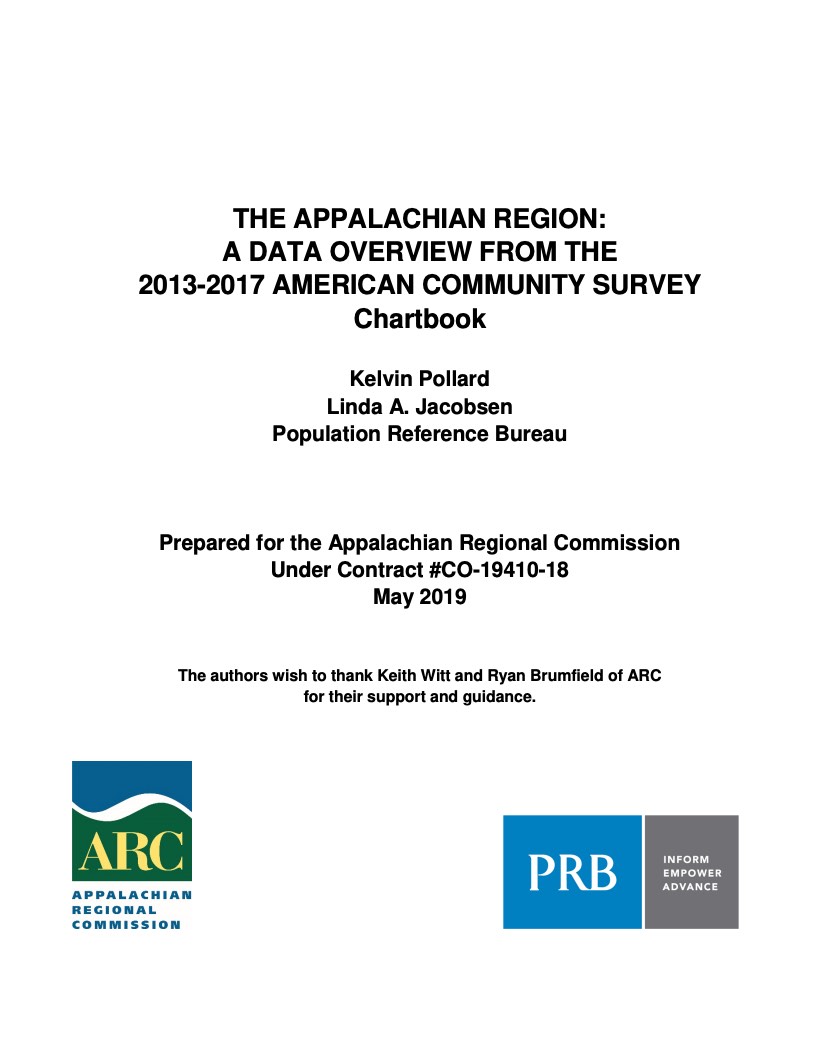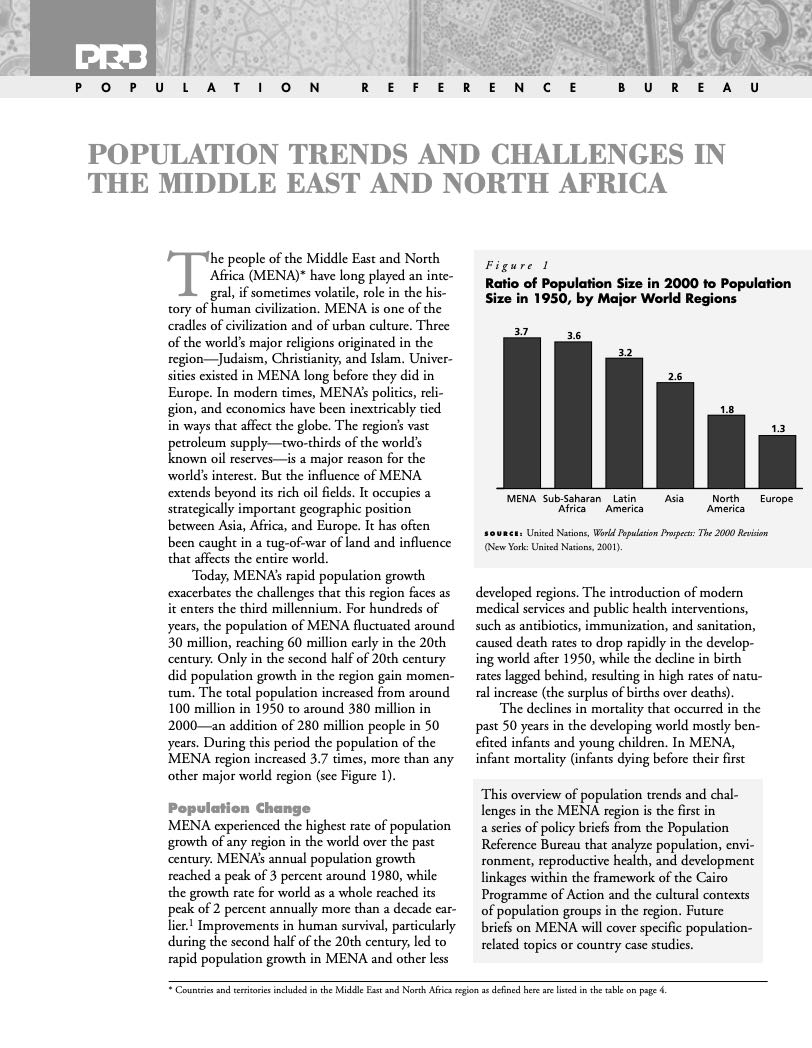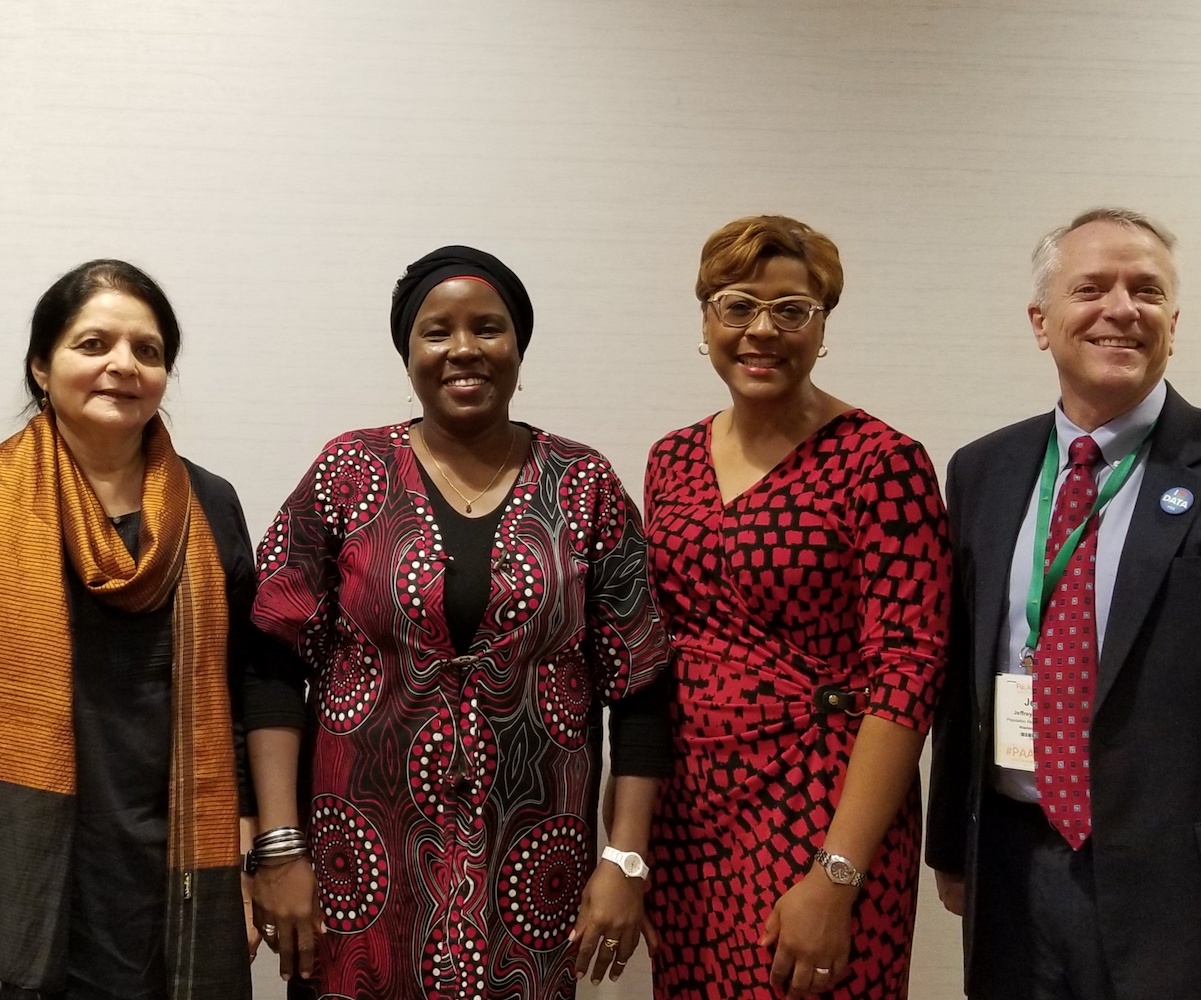Are U.S. Girls Becoming More Violent?
(2006) Adolescent U.S. girls are being arrested in record numbers. And every year brings new media attention to mean or aggressive girls' behavior—with sensational newspaper headlines and book titles such as See Jane Hit: Why Girls Are Growing More Violent and What We Can Do About It and Sugar and Spice and No Longer Nice: How We Can Stop Girls' Violence.1 Could there be an epidemic of violence in the United States among girls—who have traditionally been considered more mature and less trouble to raise than boys?






